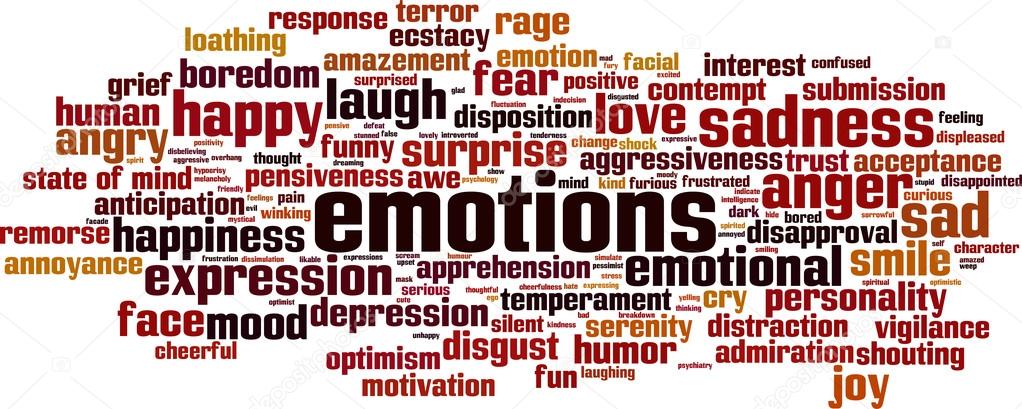“Busy” is not a four-letter word. Busyness is not a badge of honour.
People have looked at me with “sad” eyes when I said I was busy, extending their sympathy to something perceived as negative and perhaps concluding that I must not like it. Similarly on many occasions when I enquired about someone’s professional (or personal) life only to receive this reply – “oh, so busy”. These same people who seemed to be perpetually busy, as if proudly saying to the world, “look at me, I have much to do!” when what I could see was weariness and irritability.
Have you encountered someone who is happily busy?
Many articles in recent times are denouncing the glorification of busyness, how being busy can negatively affect our mental health, that busyness is unnecessary and that we ought to embrace the slow movement.
All true, but none is absolute.
The practical reality is, there are times when we are busy – necessary times when we work more hours that we’d like. There are times when accomplishing what we set out to do notwithstanding the long hours is fulfilling and a boost to our sense of self. Sometimes our perception is skewed in those moments when we are under intense time pressure and professional demands. Yes, busyness seems like an undesirable thing.
Yet if we pay attention and as we slowly zoom out for a wider view, away from our keen focus on the “harried life”, we may notice that we did work long hours or cram our day with many deadlines but only for a short period.
What we pay attention to, is amplified.
Through our perception and our narrative interpretation, we in fact create a world which becomes our reality.
What does “busy” even mean? Busy is essentially keeping ourselves occupied or having a great deal to do. It does not speak of the quality of the occupations.
“It is not enough to be busy; so are the ants. The question is: What are we busy about?” ~
The meaning and purpose of these occupations to us are what differentiate the felt sense of “being busy”. It can feel great or it may seem too much of a burden.
What does “busy” mean to you, now? On this occasion?
Instead of unknowingly defaulting to saying “busy” with a sigh or hearing “busy” with a flinch, perhaps we ought to find out the nature of this busyness and to have a conversation about being busy, with mindful awareness, within context and without the bounds of common narratives.
Are you the always-busy kind of person, or just busy at this moment? How do you tell?
Or are you determined to take it slow? Because the opposite is also true. Going slow is not a badge of honour, and slow is not a bad word either.
As we head to the end of the year, to the much longed-for break in the festive season, consider this.
Why are you choosing to be busy or to take it slow?







